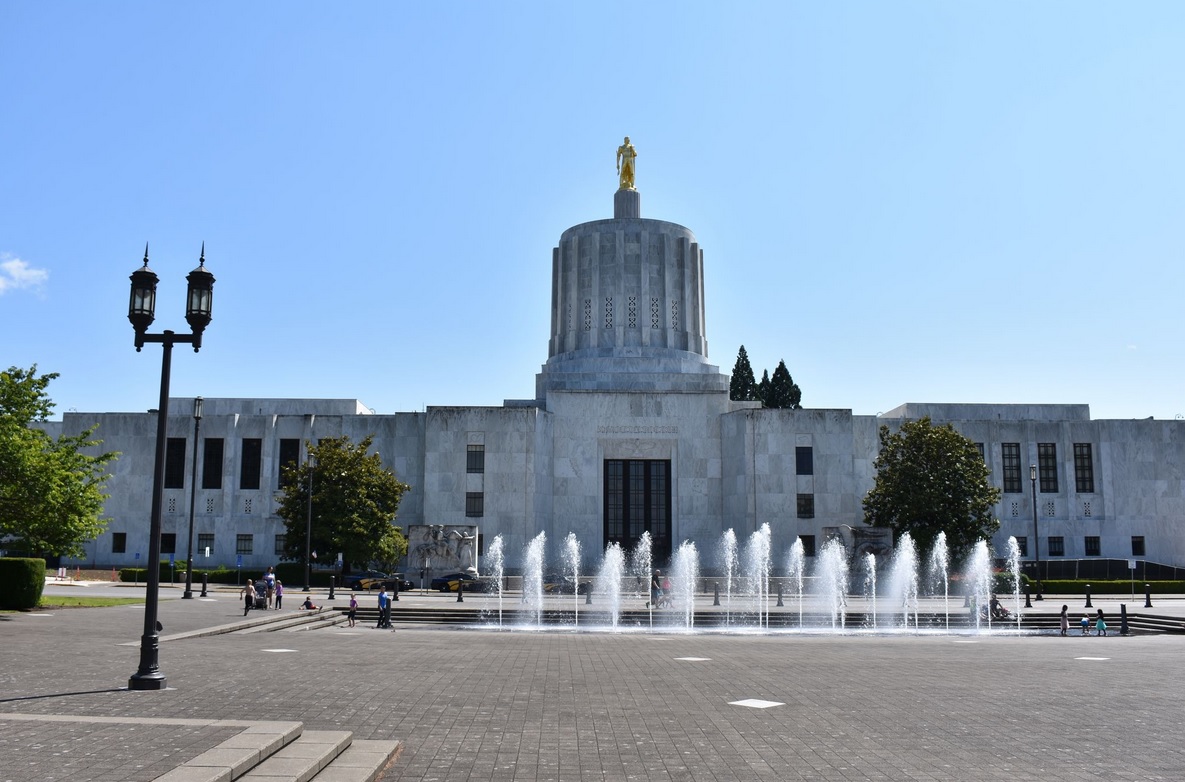
Legislative Update
By Oregonians for Food and Shelter
The Legislature is off to a measured start this year as the first week of official business kicked off Tuesday. It was a relatively quiet week in the Capitol as Committees plan their schedules and sort through the approximately 3000 bills already introduced.
The slow ramp-up period is giving OFS time to grasp the major themes of session as well as sort through bills of interest and concern, take feedback from our member organizations, and coordinate with legislators and stakeholders alike. We expect a busy session with challenges for our entire membership and all three of our priority areas: pesticides, fertilizers, and biotechnology.
Agriculture and timber will both be in the spotlight this year. Both sectors will be engaged in significant discussions over issues including wildfire funding, production and management, and labor and liability. Many of our members and partners are closely watching developments on labor and employment laws (and the current ag overtime law).
Simmering around those major issues are a variety of bills impacting production tools. SB 747 would create a fertilizer regulation and reporting program for any operation in Oregon with over 200 acres of irrigated land. We’re sharing concerns and gathering info on the potential momentum of this bill. Oregon Department of Agriculture is clarifying language related to soil additions and amendments (SB 833): we’re communicating with ODA on some specific concerns raised by our members.
We are also educating legislators on the safety, efficacy, and regulatory protections for neonicotinoids. HB 2679 proposes to designate this entire class of products as restricted use, leaving consumers as well as a variety of professional users both in and outside of ag without access to these products. Another pesticide-related bill, HB 2684 requires school districts to update the Oregon-specific “low-impact” pesticide list on a regular basis. Not only is this a concern related to the expertise needed to understand and update this list, it’s likely to cost already strapped districts significant money to duplicate reviews already provided by experts at Oregon State University.
Biotech is once again on the docket in a few forms. Canola continues to show up in various bills, which may re-ignite legislative discussions over the use of genetically-engineered canola (SB 372, HB 2162, HB 2228). HB 2965 proposes to restrict biotech in aquaculture, potentially stemming innovations in seafood production.
Finally, there are many proposals for regulation of PFAS (per- and polyfluoroalkyl substances), including a “placeholder” bill which could be substantively amended later (HB 3052). Once again this session, a bill proposes to study agricultural land and crops where biosolids have been applied (HB 2947) to check for PFAS residues. These bills could impact our members in various ways, including restrictions on certain pesticides, future liabilities, or reputational impacts to Oregon crops. Meanwhile, EPA continues to work on these issues in a much more comprehensive way.
We are just beginning our diligence, education, and advocacy on most of these bills and trying to get a sense for their likelihood to move forward this session. We look forward to your engagement on these issues. Restrictions on tools for any use or sector are a threat to all of our membership. OFS’s strength comes from our unified work, and the singular voice from OFS will be critical this session.
Disclaimer: Articles featured on Oregon Report are the creation, responsibility and opinion of the authoring individual or organization which is featured at the top of every article.

